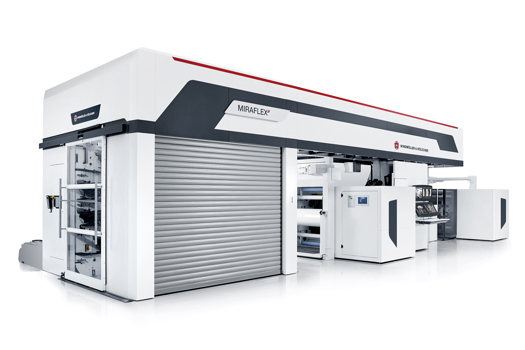Royal Bank of Scotland (RBS) and Lloyds Banking Group, which were part-nationalised at the height of the banking crisis, have both been criticised by the Committee of Public Accounts for failing to lend enough to businesses.
The pair are set to fall short of a legally binding commitment to lend £39bn by the end of February 2010, which was a condition of the taxpayer support given to the two banks in 2008.
And according to several financial advisors, this lack of access to capital is having repercussions on SMEs.
Jamie Nelson, of Compass Business Finance, said that, while credit decisions are more consistent now than at any point in the past 18 months, the banks are still "a long way off the levels, and willingness to lend, of 2007".
"For a well-run business with sound financials this remains a good time to invest – interest rates are low and therefore money can be borrowed cheaply," said Nelson.
"However, for the mid- and lower-range credits, banks are far less willing, and while there are other institutions that will lend, these deals have higher rates, and more often than not additional security such as personal guarantees."
According to Paul Holohan, chief executive of Richmond Capital Partners, in the few instances where finance has been agreed, "it has generally been at a much higher rate than expected and usually requiring a personal guarantee".
This lack of available credit from the banks has opened the door for sub-prime lenders, who are targeting SMEs, including print companies, that have been unable to get credit from their historic providers.
Nelson said: "Historically, people look to borrow from their bank in the first instance, but because the banks aren't lending [to a large portion of the market], companies are falling into the hands of these higher-rate lenders."
Holohan added: "This is a new move into the financial market with money available but at very high rates.
"They are cashing in on being able and willing to satisfy a need which the banks should be meeting but which they simply will not do as they are purely looking to repair their balance sheets after the banking meltdown they created in the first place."










